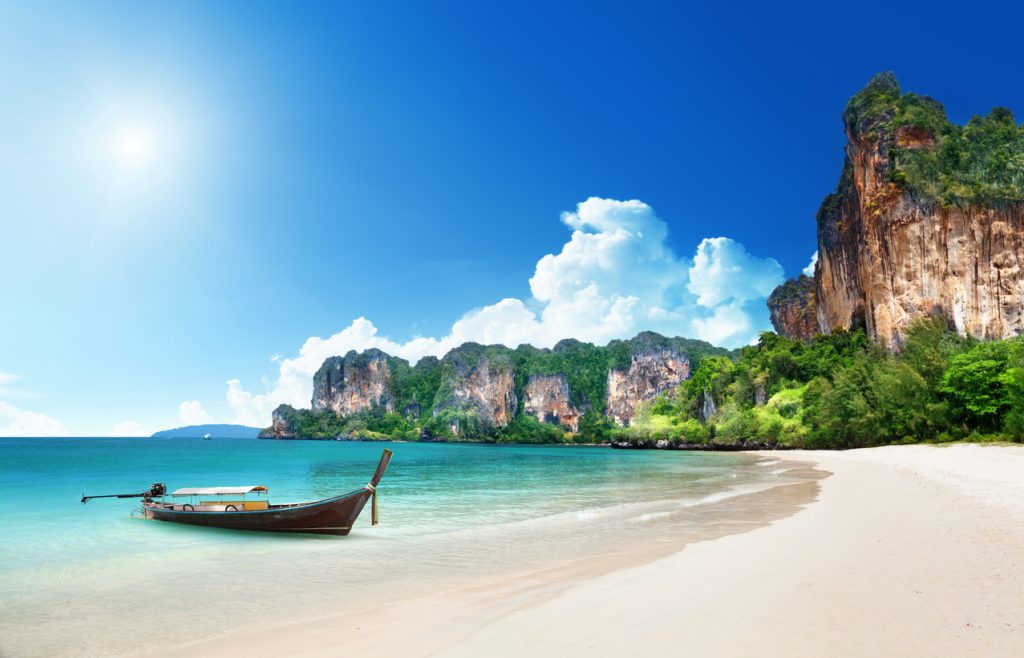Beginning May 1, fully vaccinated travelers will no longer have to undergo a RT-PCR testing upon arrival or go into quarantine while waiting for the results.
With this decision, the country aims to increase its efforts to boost the tourism industry, which has been hit hard by the pandemic.
Taweesin Visanuyothin, a spokesman for the task force, said overseas tourists will now only need to produce proof of vaccination and health insurance with coverage of at least $10,000, instead of the previous $20,000.
“This will propel the economic (recovery) momentum since we are a country that relies quite heavily on tourism,” said Prime Minister Prayut Chan-O-Cha.
Different guidelines apply to non-vaccinated visitors. They are no longer required to provide proof of pre-departure or post-arrival testing, but they are still required to apply for a Thailand pass, stay in a hotel for five days, take an RT-PCR test on Day 5, and show proof of medical insurance.

“The only exception is made for unvaccinated travelers who can upload proof of a negative RT-PCR test within 72 hours of travel via the Thailand Pass system. This group is allowed entry and is free to go anywhere in the country upon arrival,” as per the Bangkok post.
All travelers must register on the Thailand Pass website, regardless of vaccination status.
Beginning April 29, 2022, the government will begin accepting applications for the new entry measures.
Remember that until May 1, vaccinated visitors must stay at least one night in a government-approved hotel, take a PCR test upon arrival and a rapid antigen test on the 5th day of their trip, and purchase $20,000 in insurance.
Thailand is eager to lure Indian tourists, who are one of the country’s key source markets. In 2019, Thailand welcomed about two million Indian tourists, who brought in $2.5 billion in revenue.
According to Gary Bowerman, director of Check-in Asia, a travel information and research organization specializing in Asia, India is the main destination now that China and Russia are out of the picture.
“It would be important to secure sufficient air services and frequencies from the metro cities and second-tier Indian cities — which is something Singapore, for example, worked successfully to achieve before the pandemic,” Bowerman said.

